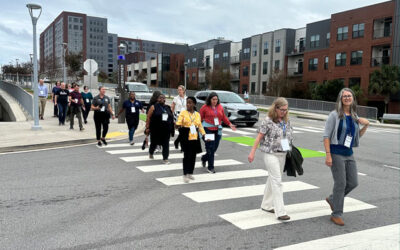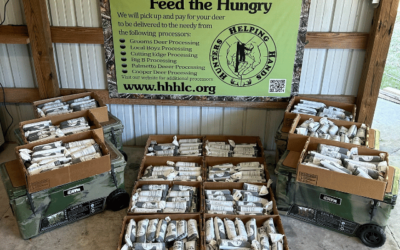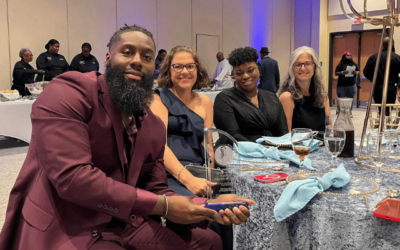https://youtu.be/sO2Wj5ViUzE
Legislative Action
Ashley Cox, MHS, NDTR
Mission Service Lead Ashley@wholespire.org
Collaboration Across Generations
https://youtu.be/cJqEStYjHZ4 YouTube link to the recording of the January 15, 2025 webinar titled "Collaboration Across Generations" with speaker Alexis Bailey.
Increasing coordination of walkability and active transportation efforts in South Carolina
Statewide active transportation and mobility workshop encourages a unified, multi-sector approach to community design and improved health outcomes.
Deer hunters are bridging a food insecurity gap through donations
Lowcountry deer hunters are opening their hearts and donating venison to community food banks in an effort to address food insecurity.
9 ways to change the health of a community
The health of a community can depend on the civic participation of community members in the decision-making process. There are a wide range of activities that foster community well-being, strengthen democratic institutions, and empower people to make a difference....
The HYPE Project® honored with Empowering Justic Stellar Award
The Empowering Justice Charitable Foundation chooses Wholespire and The HYPE Project for its annual award.
Family Engagement
https://youtu.be/PRJ_IxOY-LE
Growing Little Minds for Healthy Futures
https://youtu.be/gKScu7_iQ88








